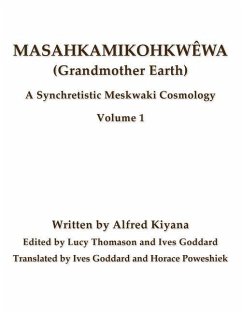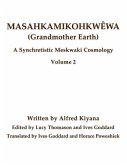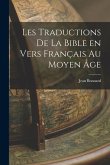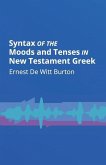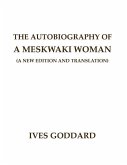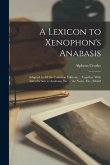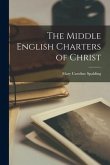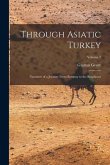This book is an edition and translation of a manuscript written over a century ago in Meskwaki by Alfred Kiyana. The author combines elements of traditional Meskwaki culture and oral literature with elements of conventional Christian belief, reconciling them in a complex explanatory cosmology that accounts for many aspects of how the world of humans is the way it is. The main characters are Wîsahkêha, the culture hero ('our maternal nephew'), and Masahkamikohkwêwa ('our grandmother'), who is eventually transformed by him into the Earth. Other major roles are played by God, who is Wîsahkêha's good friend, and the Devil. And a number of other manitous (spirits), including angels, also appear prominently. The friendship between Wîsahkêha and God is strained by God's foolish behavior, which the Devil causes and which, among other things, accounts for the origin of venereal disease. The Devil's punishment and torture of women who had had multiple sexual partners in their previous lives is ended by Masahkamikohkwêwa, and she arranges for the most abused of these women to be reborn in order to instruct girls about sex on the basis of her own experiences. After Wîsahkêha frees God from this enchantment, the two friends assign the Devil to be in charge of malefactors in the afterworld. The story takes place in the sky worlds of the manitous, whose daily lives and activities anticipate and effectively determine how humans will live on the eventual earth. There are also journeys to the world beneath the world ocean that is far below the sky. Among other things, Wîsahkêha and Masahkamikohkwêwa prefigure, and hence establish for humans, the practices of courtship and sex. She initiates the growing of corn and other garden crops. When Wîsahkêha's plans take shape, he organizes councils of the manitous to plan things for the eventual People-to-Be. Among other things, they propose that people should have different languages and wars. After Wîsahkêha makes the Earth out of Masahkamikohkwêwa, they create its various features as well as the Sun, the Morning Star, and the Thunderers. Wîsahkêha and Masahkamikohkwêwa make and instruct the first human couple, and Wîsahkêha instructs the manitous on their duties. There is a brief mention of God making a place for his people, with Wîsahkêha's help. Wîsahkêha establishes the use of clan feasts with sacred packs and songs, and he warns that people should never stop having them. The manuscript, with just under 1,200 pages, is the longest of those written by native speakers in the Meskwaki alphabetic syllabary that are in the National Anthropological Archives of the Smithsonian Institution. Meskwaki, earlier called Fox, is the heritage language of the Meskwaki Nation (the Sac and Fox Tribe of the Mississippi in Iowa), whose settlement lands are in Tama, Iowa.
Hinweis: Dieser Artikel kann nur an eine deutsche Lieferadresse ausgeliefert werden.
Hinweis: Dieser Artikel kann nur an eine deutsche Lieferadresse ausgeliefert werden.

